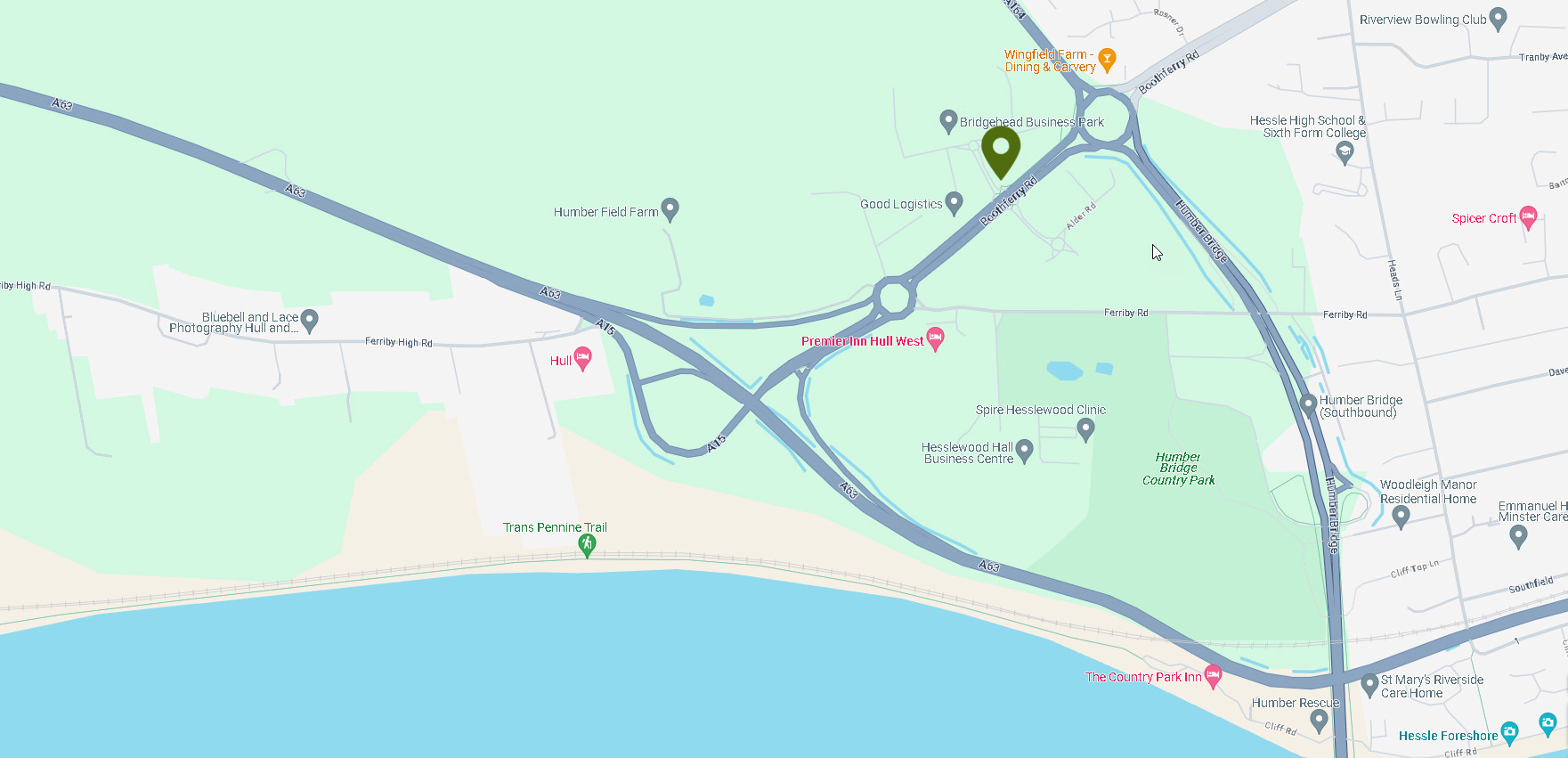- call us now! 01482 692421
Understanding How Your Retirement Income Will Be Taxed
Apr 11, 2024
You have paid tax on earnings all your life. Unfortunately, the tax doesn’t stop just because you’ve retired. You must understand how your retirement income will be taxed, especially if you’re not yet ready to retire. It can affect your retirement income plan.
Of course, tax can be a complicated issue, so it’s usually best to get some advice from wealth management professionals. We’re happy to help with any questions you may have. The following information will help you understand your situation.
Personal pensions and defined contribution workplace pensions
Most workplace pensions are classed as defined contribution schemes. In other words, your future income depends on how much money you and your employer put into the scheme.
The good news is that both personal and workplace pensions allow you to pay in funds before you’re taxed. In essence, the money you would pay the government in tax is added to your pension fund. You won’t be charged any tax on your growing funds if they remain in the pension fund. However, once you start withdrawing from your pension pot to fund your retirement, you’ll be taxed in the same way as when you were working. Your state pension amount is taxed in the same way as a personal or workplace pension. The current rates are:
• No tax due on income up to £12,570
• 20% tax due on income between £12,571 and £50,270
• 40% tax due on income between £50,271 and £125,140
• 45% tax due on anything over £125,141
For example, if you have a retirement income of £60,000 per annum, you’ll pay zero tax on the first £12,570, 20% tax on £37,700 (£7,540) and 40% tax on the remaining £9,730 (£3,892). Your total tax due for the year would be £7,540 +£3,892 = £11,432
The good news is, there is no National Insurance due on your pension income.
Lump sum withdrawal
Not all pension schemes offer lump sum withdrawals. The ones that do allow you to withdraw up to 25% of your pension pot. This sum can be taken tax-free. There is a maximum limit of £268,275 on tax-free pension withdrawals.
Of course, withdrawing a lump sum will reduce the amount in your pension fund and the annual income you’ll receive. It’s important to consider this when deciding if a lump sum withdrawal is the right option for you.
It’s worth noting that you can take several smaller lumps to make up your 25% tax-free lump sum withdrawal. If you do it this way, 25% of each withdrawal is tax-free.
Other retirement income
Alongside pensions, you may earn retirement income from savings, investments and dividends. These will all be added to your annual earnings and the level of tax you pay will be defined by your total earnings.
It’s crucial to establish the most suitable pension strategy for your retirement as soon as possible. It will help to ensure you have the retirement lifestyle you desire. Get in touch with us now to arrange a consultation.


